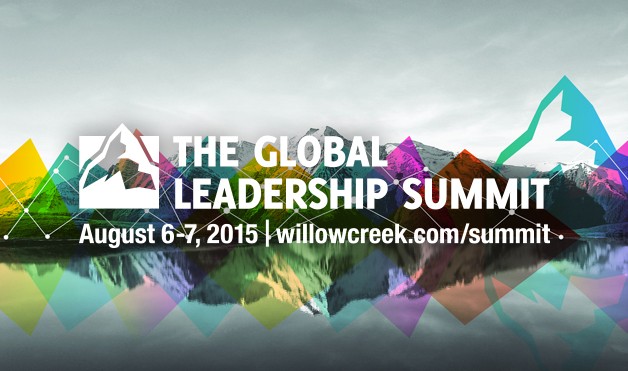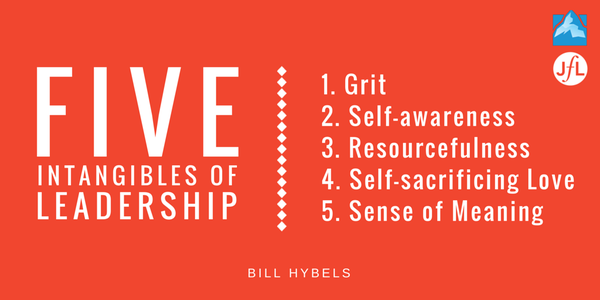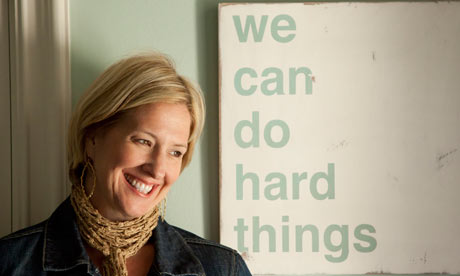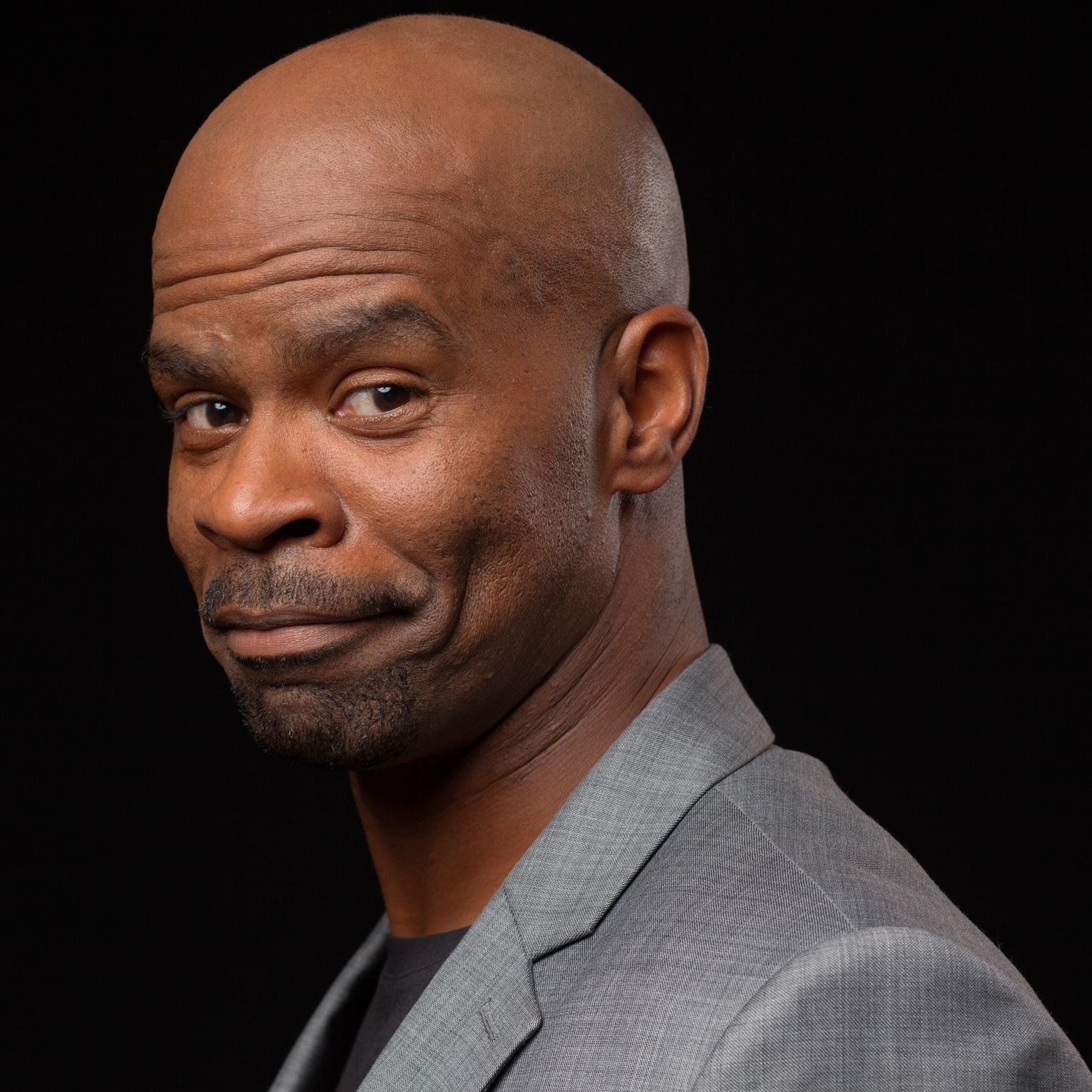 Photo Credit: thecrossingchurchnj.org
Photo Credit: thecrossingchurchnj.org
Today I participated in the Global Leadership Summit at a satellite site near Richmond, Virginia. It was my first time, but I hope not to miss another. It is best described on the website- “a world-class experience designed to help you get better and embrace your grander vision—the reason God called you to lead. Broadcast LIVE in HD from Willow’s campus near Chicago to over 375 Premier Host Sites in North America and later around the world, you are invited to join an expected 260,000 leaders in 2015.”
7 great leaders spoke today, and 6 others will speak tomorrow. The experience was so meaningful and beneficial to me where I am currently in life, but I would recommend it to anyone whatever your situations.
Following are the briefest of 7 take-aways that are still buzzing around in my head. So much to process. Here’s a start.
Bill Hybels (founder/senior pastor of Willow Creek Community Church; chairman of the Willow Creek Association which launched the Global Leadership Summit in 1995):
“Leadership is [simply] moving people from here to there.”
“Armed with enough humility we can learn from anyone.”
Hybels reflected on Richard Davis’ book The Intangibles of Leadership – and developed his own list of 5 intangibles for leaders: Photo Credit: jobsforlife.org
Photo Credit: jobsforlife.org
He challenged us to discover the “white-hot why” of our lives – the why of what we do – what really matters for us. For Hybels, it’s “transforming lives”. He is a living example of being faithful to that “why”.
Jim Collins (best-selling author of Good to Great):
Jim Collins talked about what he learned as the recent Chair (2012-2013) for the Study of Leadership at the United States Military Academy at West Point. He reported that: creating a culture out of which great leaders are developed must include
- Serving a cause we can be passionate about and for which we would be willing to suffer;
- Growing through difficulty; and
- Succeeding by helping those around us.
“We succeed at our very best only when we help others succeed. We respond to our own difficulties by reaching out and saying ‘Let me help you.’ To communicate to others: ‘You are never alone.'”
“The greatest leaders find a way to make a contribution, a distinctive impact, on people, on real-live flesh and blood people.”
Ed Catmull (Co-Founder of Pixar Animation Studios; President of Walt Disney Animation Studios; Author of Creativity, Inc.):
Catmull wanted to be an animator from the time he was a child but couldn’t see a path to follow that dream. He ended up studying physics in college. Photo Credit: brainpickings.org
Photo Credit: brainpickings.org
“Science and art are not incongruous. Art isn’t about drawing; it’s about learning to see. Which business or professions do you not want to have enhanced ability to see?”
He talked further about 3 processes in film-making, all relating to accountability:
- Teams working together (using a Brain Trust – a group of colleagues all acting as peers, with vested interest, giving feedback;
- When failures happen in production – embracing [failure] but at the same time dealing with it with both total candor and kindness; and
- Operating within constraints (a budget) – actually pushes creativity higher and delivers better outcomes.
“Stories influence the world. We want to use story-telling for good.”
Adam Grant (Professor, Wharton School of Business; Author of Give and Take: A Revolutionary Approach to Success)
Grant talked about the three kinds of persons you find in the workplace…well, anywhere really: 1) Givers, 2) Takers, and 3) Matchers. After defining each of these and how they interact with each other in the workplace (buy the book), he prescribed ways to build a work culture. A work culture of generosity – the work culture that especially develops the givers, which brings the others along as well.
His three challenges were:
- Keep the wrong people off the bus. Get rid of the takers.
- Redefine giving. [He talked about the 5-minute favor and the 100 hours of volunteering across a year – these micro-lessons of generosity.]
- Encourage help-seekers. – Developing the givers will nurture a culture of “How can I be the rising tide that lifts all boats?” – a Reciprocity Ring.
Dr. Brené Brown (Research Professor, University of Houston Graduate College of Social Work; Author of Rising Strong):
“Our brain is neuro-biologically hard-wired in the instant of a [hard time; difficult conversation] to make up a story as to what happened. If we can give our brain a story when something hard happens, we are rewarded by our brain (dopamine). Our brain rewards us whether the story is accurate or not. Our worthiness as people lives inside these stories. When we pretend or deny the story, it owns us. When we own the story, we get to write the ending.”
 Photo Credit: TheGuardian.com
Photo Credit: TheGuardian.com
Transformational leaders: 1. Do discomfort. 2.They have absolute emotional awareness about their own life, and about the people around them.
“We can’t ignore emotion. We are emotional people who sometimes think. Emotion dictates behavior. If you speak to the way they think or their behaviors, without speaking to their emotions, they will not change. Speak to their emotions. Curiosity and lines of inquiry are the greatest tools of leaders. ‘Help me understand’. “
Sallie Krawcheck (Chair of Ellevate Network; Former President, Bank of America’s Global Wealth & Investment Management):
“The retirement savings crisis is a women’s crisis – we retire with 2/3 the retirement income as men and live 6-8 years longer than men. I love men. I’m married to a man. But you guys are going to die, and we as women will be living with this crisis.”
“My “‘white-hot why’ is advancing women, elevating women. “
“I work every day as though my children are watching me.”
Albert Tate (Founder/Senior Pastor of Fellowship Monrovia, Southern California):
Pastor Tate preached (and I mean preached) on the miracle of Jesus’ feeding of the 5000 (John 6:1-13), using the five loaves of bread and two fish brought to Him from a boy in the crowd.
Tate renounced the leadership lie of “leaving it all on the field”.
“One of the most key things we can do as leaders as to bring what we have, give it to Jesus, and then get out of the way.”
“Leaders, you don’t have to go home on empty. You don’t have to leave it all on the field. Christ left it all on the Cross. Bring what you have. Whatever you have, give it back to Him. Then get out of the way, and watch in awe and wonder at what He does.”
These are just 7 take-aways of the 20 pages of notes I took during today’s Summit. Such great teaching – inspiring, empowering, mystifying, really.
Download the Global Leadership Summit app. Read what you can (in these authors’ books and via all the online resources – articles, blogs, video). Take down the dates for the Global Leadership Summit of 2016 and plan to register early.
Being the leader we hope to be is within our reach.
Post-Script: Michael Jr. was on and off stage to make us laugh and to look at life from just a bit of a different angle. Love him!
Photo Credit: MichaelJrComedy


2 thoughts on “Global Leadership Summit – 7 Take-Aways from Day One of #GLS15”